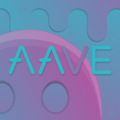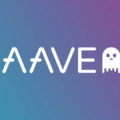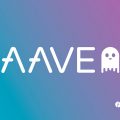
The decentralized finance (DeFi) sector continues to attract increased attention from cryptocurrenciesinvestors. ForkLog has collected the most important events and news of recent weeks in a digest.
The main indicators of the DeFi segment
Locked funds (TVL) inDeFi protocols fell to $77.26 billion. The leader was MakerDAO with $7.84 billion, while AAVE ($5.65 billion) and Lido ($5.35 billion), respectively, hold the second and third lines of the rating.

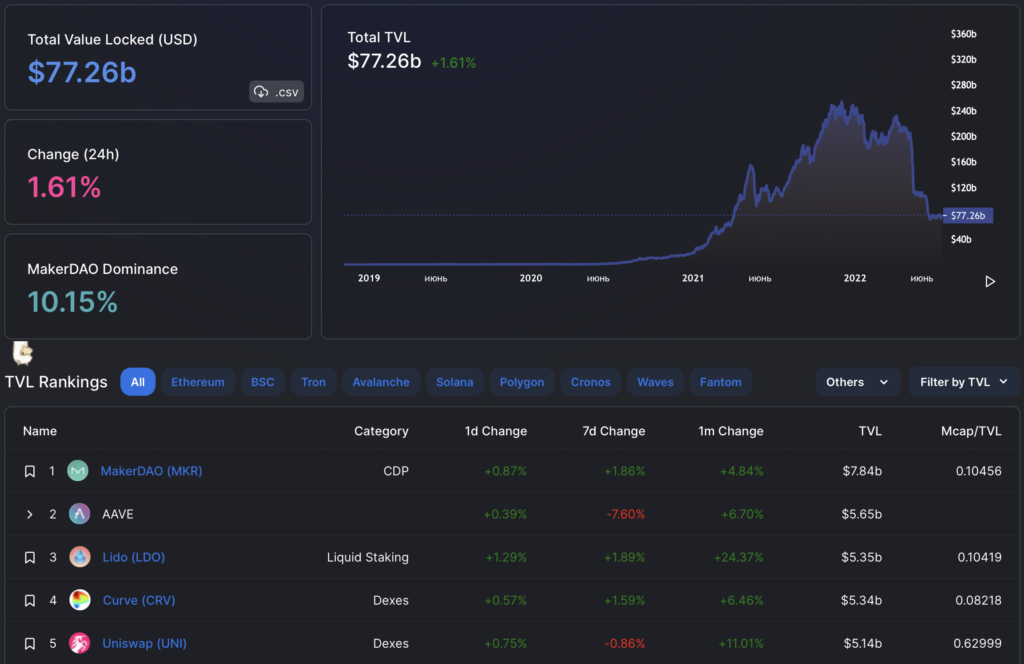
Data: DeFi Llama.
TVL in Ethereum applications fell to $48.12 billion. Over the past 30 days, the indicator has decreased by 5% (on June 16, the value was $50.52 billion).

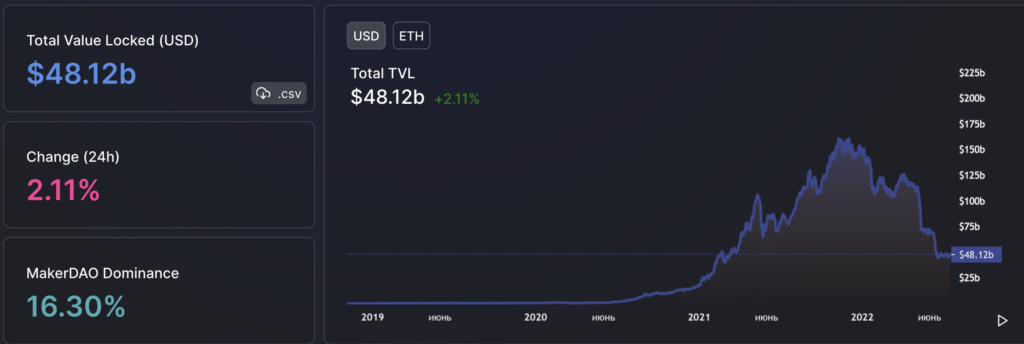
Data: DeFi Llama.
The trading volume on decentralized exchanges (DEXs) over the past 30 days was $56.7 billion.
Uniswap continues to dominate the non-custodial exchange market, accounting for 67.8% of total turnover. The second DEX in terms of trading volume is Curve (14.6%), the third is Balancer.
Aave proposes to launch a decentralized stablecoin GHO
The developers of Aave offered the community to launch a multi-collateral stablecoin GHO, native to the DeFi protocol ecosystem, pegged to the US dollar.
“Like a decentralized stablecoin on the networkEthereum, GHO will be created by users. As with all borrowings in the Aave protocol, collateral must be provided (at a certain ratio) in order to be able to mint GHO,” the team explained.
As collateral for GHO, a “diversified set of crypto assets” supported by the protocol will be used. Users will continue to receive interest on pledged tokens.
All decisions regarding the GHO, including interest rates, collateral levels, etc., will be made by the DAO, the team noted.
“If approved, the implementation of the GHO will makeborrowing in stablecoins in the Aave protocol will be more competitive, provide more opportunities for users and provide additional income for the Aave DAO by directing 100% interest payments on GHO loans to the DAO treasury,” the statement said.
The developers also offered to provide a discount on the issuance of a stablecoin to holders of the AAVE token in staking. In their opinion, this stimulates the growth of stkAAVE volumes, which will increase the security of the protocol.
It is assumed that the release and burning of GHO will be controlled by community-approved "assistants" (Facilitators) with an established emission limit.
MakerDAO to Distribute Reserve 500M DAI in Bonds
The community of DeFi platform MakerDAO has voted to invest the 500 million DAI not held in the Treasury in "minimum risk bonds."
The initiative is aimed at mitigating the effects of a bear market. MakerDAO has accumulated $4 billion in DAI on its balance sheet. Additionally, $500 million in the DAI/USDC pool can be used for these purposes.
57.67% of voters supported the idea of distributing assets in the ratio of 80:20 between government and corporate bonds of investment grade.
IOSCO to Develop Guidelines for Cryptocurrencies and DeFi
The International Organization of Securities Commissions has committed to developing regulatory standards for digital assets by the end of 2023. The plans are contained in the organization's roadmap.
The task was entrusted to the fintech task force created in March. It is chaired by a representative of the Monetary Authority of Singapore.
The group will form two separatecommittee chaired by the US Securities and Exchange Commission and the UK Financial Conduct Authority. They will present reports with recommendations on DeFi and cryptocurrencies.
Participants will focus on market integrity and investor protection issues and suggest ways to adapt existing securities regulatory frameworks to digital assets.
Investing in DeFi
Positioning itself as a CeDeFi exchangeUnizenbased on BNB Chain agreed to raise $200 million fromGlobal Emerging Markets (GEM) for ecosystem development.
GEM will provide funds in the form of "capital commitments": Unizen will receive part of the funding immediately, part after the achievement of undisclosed criteria.
The platform focuses on attracting both retail and institutional investors by searching and aggregating orders at the best prices on centralized and decentralized exchanges.
Unizen will use the funds received to expand the team and product line, as well as to accelerate the implementation of the trade aggregation system.
TV star Kevin O'Leary's backed DeFi platformWonderFi Technologiesacquired the Canadian cryptocurrency exchange Coinberry.
The deal was valued at $30 million, according to CoinDesk.
Hacks and scams
Cybercriminals sent malicious tokens under the guise of an airdrop fromUniswapInterested users were redirected to a fraudulent site, where hackers stole funds.
Initially the head of the bitcoin exchange Binance ChangpengZhao reported a potential vulnerability in the third version of Uniswap, with the help of which the attacker allegedly deduced 4295 ETH from the protocol. He later denied the information and confirmed that the project was safe.
PeckShield stated that there was an attack on the liquidity provider.
The creator of Uniswap, Hayden Adams, confirmed that this is a phishing campaign.He advised against clicking on links that could be malicious.
July 3 Decentralized Liquidity Protocol TeamCrema Financesuspended the application due to a hacker attack using instant loans on the Solend lending platform.
On July 7, the hacker returned part of the stolen funds after negotiations with the Crema Finance team. He left 45,455 SOL (about $1.6 million) for himself as a reward.
The protocol team confirmed the receipt of 6,064 ETH ($7 million) and 23,967 SOL ($879,000) from the hacker in four transactions.
DeFi protocol developersYam Financeprevented a cyber attack aimed at transferring control over project reserves to an unknown third party.
According to the team, the attack, which began on July 7, was discovered two days later. The delay is due to the fact that the hacker presented a proposal to control the protocol using internal transactions.
The malicious offer contained an unverifieda smart contract designed to transfer control of Yam Finance reserves to the address of a wallet associated with the attacker. If the attacker had managed to gather a quorum for the proposal to be accepted by the majority of the community, he would have gained access to Yam Finance assets worth $3.1 million.
Also on ForkLog:
- MakerDAO will provide a $100 million loan to a US bank.
- In the UK, they will study the taxation of crypto-lending operations and staking in DeFi.
Read ForkLog bitcoin news in our Telegram - cryptocurrency news, courses and analytics.
